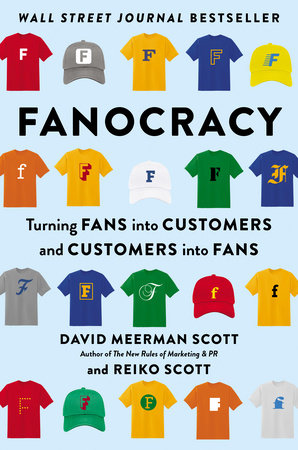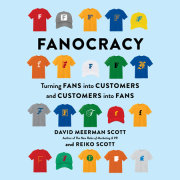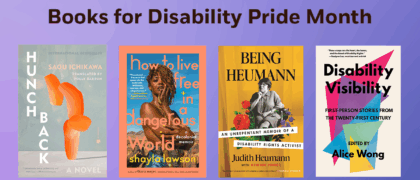Chapter One
Our StoryThe two of us, father and daughter, are obviously different; however, our observations on the state of the world today are uncannily similar. As we discussed our experiences over the past few years, we were surprised at how important our passions and the fandom worlds we inhabit are to our lives. The father loves surfing because being out on the water and interacting with other surfers helps him relax and clear his mind. The daughter loves to draw and share fan art of the books she loves for the same reason. And, over time, we both realized how alike our views are on growing a business by tapping into fandom.
Because of the changing nature of the world, it's essential to understand how to reach all kinds of people, including millennials and Generation Z as well as those of all races and orientations. It is for this reason that we've researched and written together.
In the chapters that follow, we take deep dives into major elements of developing fans, including the importance of proximity to customers, letting go of your work, giving gifts without any expectation of something in return, harnessing the power of transparency in business, and other concepts. Through interviews, examples of success, and a set of strategies, we looked at how entities of all kinds-including companies large and small, nonprofits, entrepreneurs, restaurants, artists, musicians, teachers, health-care professionals, and insurance agents-can tap into fan cultures and connect deeply with followers.
As we discussed our experiences over many nights across the dinner table, we began to consider the ideas that you will now find in our book. It was a sharp reminder to both of us that hobbies and passions don't disappear as soon as one steps into "adult" or "professional" life. We both agree that the myth of unyielding professionalism can obscure our genuine connections. That's why we chose to write this book.
Exchanging texts about television shows or comic books has gotten daughter, Reiko, through study hours that extended far into nights that would have otherwise felt endless. And father, David, has forged deep, lifelong friendships with those who are as passionate about live music as he is.
To love things outside work is to make meaningful connections with like-minded people.
To achieve the success that comes with developing passionate fans of your business, fandom culture is necessary. Yet there's another important reason to understand these ideas, as we said earlier: exposing ourselves to people who share our interests leads us to live happier lives. And when you can introduce your fandom passions and bring in others who are completely different from you and they become fans, you create an ideal environment-a place where great things happen.
An understanding of how and why people become passionate about a company, product, idea, or artist serves as a way to do business. This understanding also delivers a blueprint to bring friends and family together to celebrate what they love, a place everyone wants to be part of because they can be their authentic selves and successful at the same time.
Copyright © 2020 by David Meerman Scott. All rights reserved. No part of this excerpt may be reproduced or reprinted without permission in writing from the publisher.





